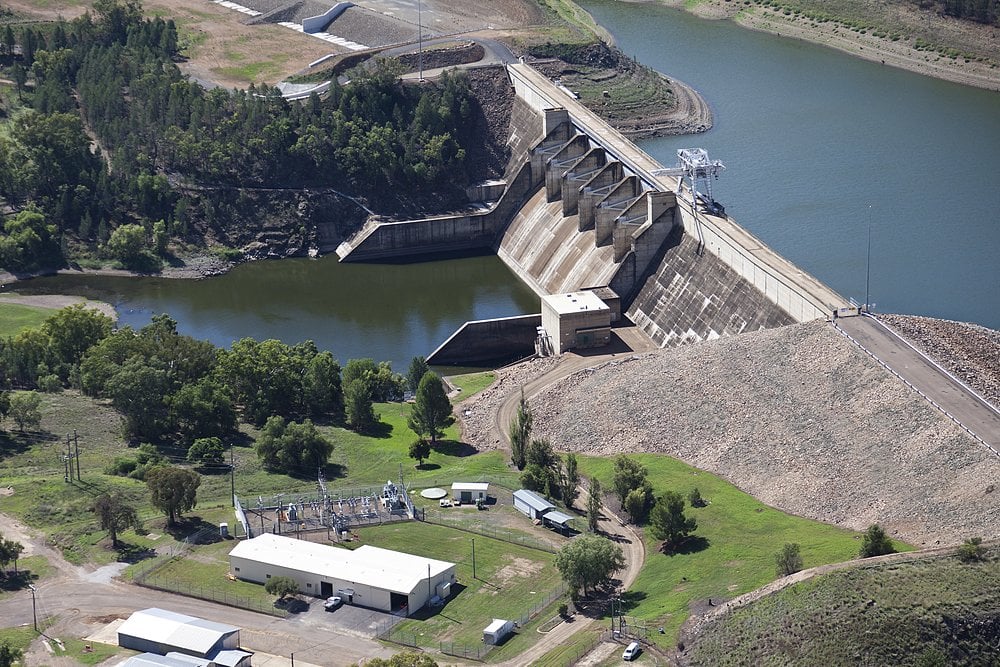The UK government will identify and address the market, policy and regulatory barriers holding back the development of long-term energy storage projects.
In May, the Environmental Audit Committee (EAC) published a report warning that gas imports were being driven up by a lack of long-term energy storage plans in the UK, advising that, “as a matter of urgency”, the government address barriers to long-term storage, either through direct investment in infrastructure or reforming policy mechanisms.
In response to the EAC report, published on 31 December 2024, the government has established the steps it is taking to remove market barriers to support the rollout of energy storage at scale.
The EAC is a Commons Select Committee, formed of UK members of parliament (MPs). Its remit is to consider the extent to which government policies and public bodies contribute to environmental protection and sustainable development.
It also called on the government to publish an energy storage strategy by the end of 2025 “at the latest”, setting out the short and long-term energy storage needs of the UK’s net zero goals.
Clean Power 2030 sets storage targets
Although not a direct response to the EAC’s report, the government’s Clean Power 2030 Action Plan (CP30), following the one published by the National Energy System Operator (NESO), estimates that meeting clean power targets will require at least 22.6GW of battery energy storage by 2030, up from 4.7GW in 2023.
The government states that long duration energy storage (LDES) will save consumers money and cites system modelling that estimates savings of £24 billion by 2050 in one scenario. In October, the government published its decision to introduce a cap-and-floor mechanism for LDES, regulated and delivered by energy regulator Ofgem. The first application round for the scheme is expected in early 2025.
In response to the EAC, ministers also confirmed that the system of energy storage is being reviewed with NESO “to make it fit for the future”.
At the time that the EAC published its report, the queue to connect to the electricity grid was growing, which led the committee to suggest tackling the length of time it took for renewable energy projects to connect to the grid.
Chair of the EAC Toby Perkins MP said: “Addressing the grid constraints which could block the path to net zero is crucial, if the government is to achieve its ambitions and clean up our energy supply.
“They explain that significant market barriers to long-term energy storage are to be identified, long-term energy storage will be rolled out and skills shortages in the sector are to be addressed: it is clear that the EAC’s advice has been taken seriously by the new government.”
The government has committed to aligning grid connections with strategic plans (per CP30) to accelerate ‘ready’ projects and the status of the queue will be published to allow greater transparency.
Perkins added that a “root and branch” approach is needed to transform the grid and that while there is “significant” work to be done, the government’s policy progress so far is promising.






